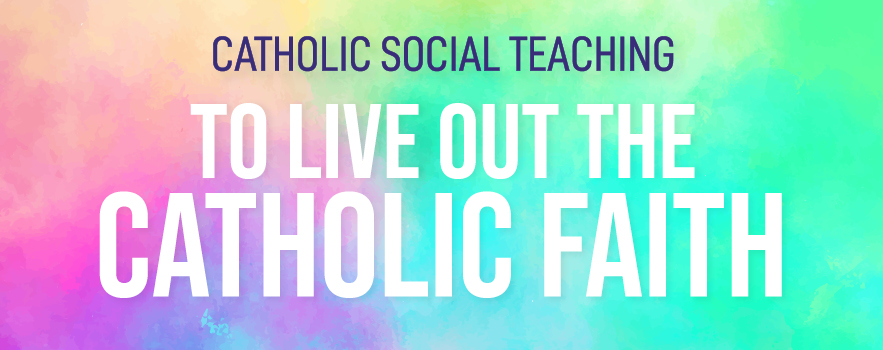No products in the cart.

Every year, the world marks World Mental Health Day on Oct 10. The World Federation for Mental Health began this yearly celebration in 1992 to promote awareness and education on mental well-being, as well as advocate against social stigma.
This year’s theme is “Mental Health in an Unequal World”. It is an acknowledgment of the increasing inequality and poverty in many societies due to the effects of the pandemic, in addition to the mental health crisis worldwide caused by Covid-19. Among many other challenges, countless people have fallen ill, lost their loved ones, suffered unemployment, experienced isolation, and abuse.
The Church’s Catholic Social Teaching’s (CST) Principle of Human Dignity tells us that, since every person is made in the image and likeness of God, we need to respect and care about every person’s development in its totality, not just physically, but also mentally, socially and spiritually. Therefore, we need to be just as concerned about the consequences of the current pandemic on mental health as we are about its impact on physical health. In fact, the Vatican’s Dicastery for Promoting Integral Human Development released a document in March 2021 offering a reflection on how we can accompany others who suffer psychological distress due to the pandemic.
Among its many other insights, the document entitled “Members of One Body, Loved by One Love”, emphasises the CST Principle of Solidarity which teaches that, if everyone has equal human dignity as children of God, then all of us, as brothers and sisters in the same family, must commit to the care and service of one another, especially those in need. Indeed, as the Gospels tell us, serving the people was central to Jesus’ mission, and in continuing His mission today, even if we are not healthcare professionals, there is healing grace present in caring for one another.
Since we naturally seek love as children of God who is Love, there is a profound link between a person’s total health and interpersonal relationships. This means that, since we are responsible for one another, we cannot let our spiritual life just be all about “God and me”. Indeed, we must let the graces that flow out from the Eucharist, the source and summit of Christian life, to continue flowing from us to the rest of the Church and society through our acts of love.
These acts can take on various forms. For example, although some people might need to seek help from mental health professionals, we should still continue to offer care and friendship to people struggling with mental health. Furthermore, although accompaniment and listening to the suffering person are very important, these are not the only ways to show our support. We could advocate against social stigma by promoting mental health education or create awareness by being open in sharing our own struggles. We could learn peer support skills through workshops. We could volunteer with relevant agencies. And finally, we could ask the patron saint of the mentally ill, Saint John of God, to pray for us.
First published in Catholic News. Reprinted with permission.
